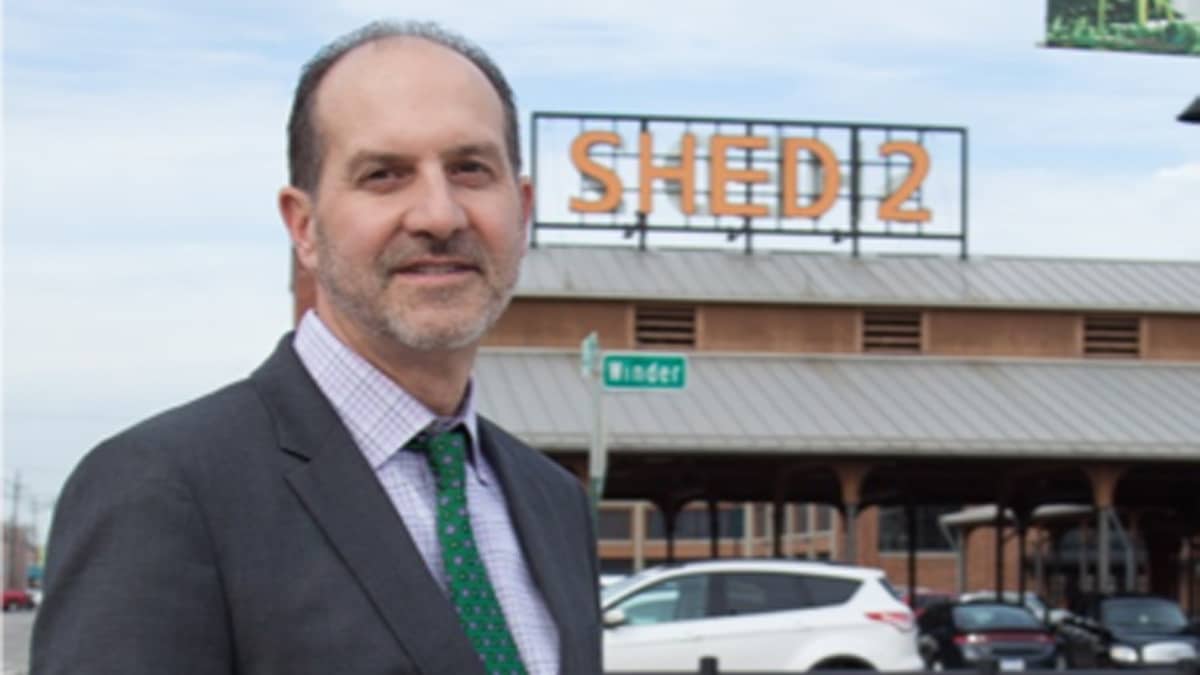
Finalists Announced in 2nd Annual Lithuanian-American Innovation Awards
December 12, 2018
Strategic Staffing Solutions Gives a Life Changing Donation to Hawaii Island Humane Society
December 12, 2018Mark Redman on the SIA’s 2018 Executive Forum
Staffing Industry Analysts hosted its 2018 Executive Forum in Miami last month. Now in its 28th year, owners, CEOs, and senior-level executives from staffing firms of all sizes and sectors from throughout the industry convened to network and learn during the Forum’s various breakout sessions at the 4-day event. Mark Redman and several members of S3’s Executive Leadership Team attended the event. Mark sat down with S3’s Communication Team to discuss what he learned at the Forum.
Why did you want to attend SIA’s 2018 Executive Forum?
Mark: It was an opportunity to talk to other people in the industry and understand what they’re experiencing and to hear some of the discussion around topics like pricing, margins and maybe some of the regulatory challenges.
How were the breakout sessions? What stuck with you?
Mark: In some cases, the sessions provided confirmation of what we already do at S3. April’s panel was about moving from the traditional time and materials business to a solutions based business, meaning finding other ways to build and have engagements. I also heard from some of her contemporaries in the industry and what they’re doing and what they’ve done to be successful and expand their business.
There were some group sessions with some incredible speakers, like author Adrian Gostick. He gave a great presentation about the four secrets to successfully hiring people. He prefaced it by saying 50% of hires, maybe more than that, don’t work. He said this lack of productivity costs companies 15 times the annual salary of a bad hire. By following his four secrets to success, he indicates that you can get up to a 90% success rate in your hires. Hiring the right people is incredibly important.
How are companies addressing recent legislative changes in the U.S.?
Mark: There was some discussion about taxation in the industry, which with the new tax laws there are a lot of changes. There are some things that seem like they shouldn’t have affected the staffing industry that do. The session helped me to determine how we will deal with some of these new changes while making sure we are capturing things from a tax advantage perspective.
What did you learn about the future of technology and how it will affect the staffing industry?
Mark: There was a lot of discussion at the conference about artificial intelligence and there is definitely some skepticism over it. There are also some things that are happening that aren’t necessarily artificial intelligence, but involves using information technology to improve processes to become more automatic and efficient. So, anytime there is a repetitive process, they’ve figured out ways to automate those things, even it takes a search function.
What were you most surprised to learn at the Forum?
Mark: I was also really surprised to learn about all of the different industries there are in staffing. I met a guy that has a physician staffing company. They deal with hospitals throughout the country, some in small remote areas, that when the doctor gets sick, goes on vacation or must be away, they are able to find a physician to fill in until a full time replacement is chosen. It sounds like they have a pretty sizeable pool of physicians that are working in hospitals all over the country at any one time.
What were some of the industry-wide issues addressed during the forum?
Mark: There was a lot of talk about the industry being commoditized. That didn’t use to be the case. We’re seeing that in a lot of the things we do with the strong pricing pressure on margins. The idea of dealing with some of the solutions work is to change that equation. The solutions work is based more on expertise, skillset and being able to manage projects with a successful end result. This is an opportunity to make additional money, additional margin, but the opposite can happen to if you’re not good at it. It’s definitely more risky.
It seems as though the Executive Forum was packed with informative sessions. Thanks for sharing, Mark!




